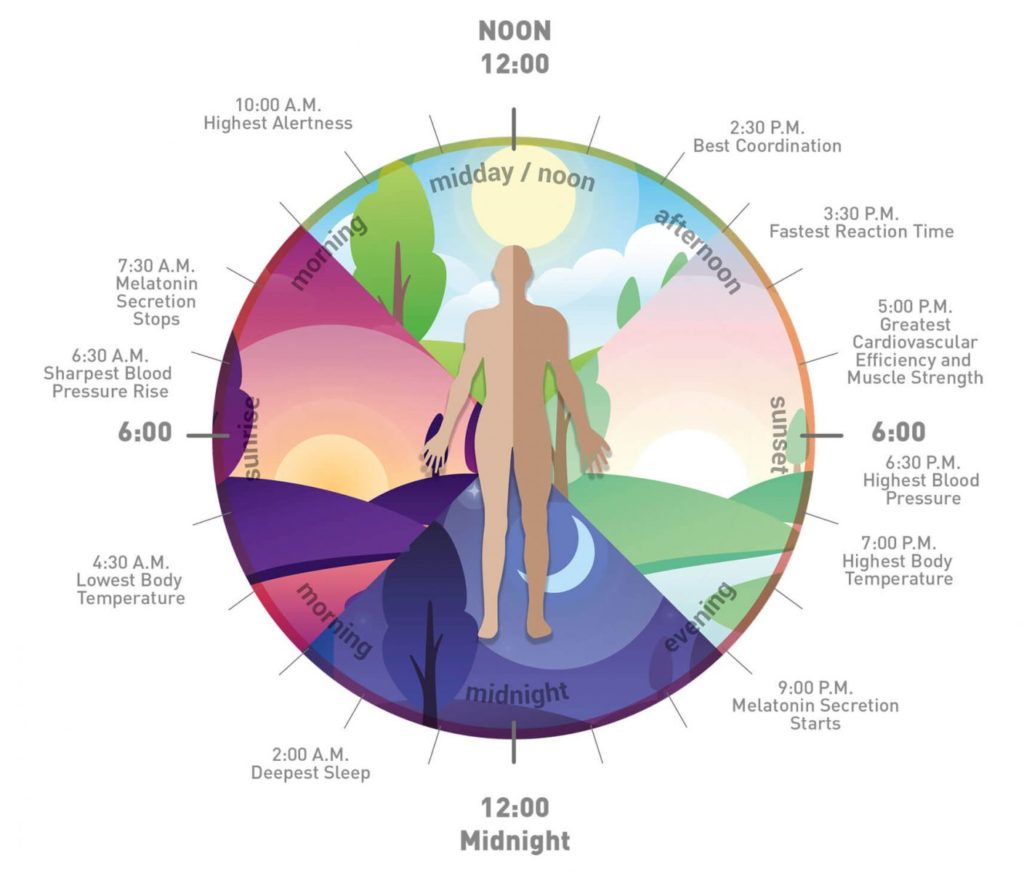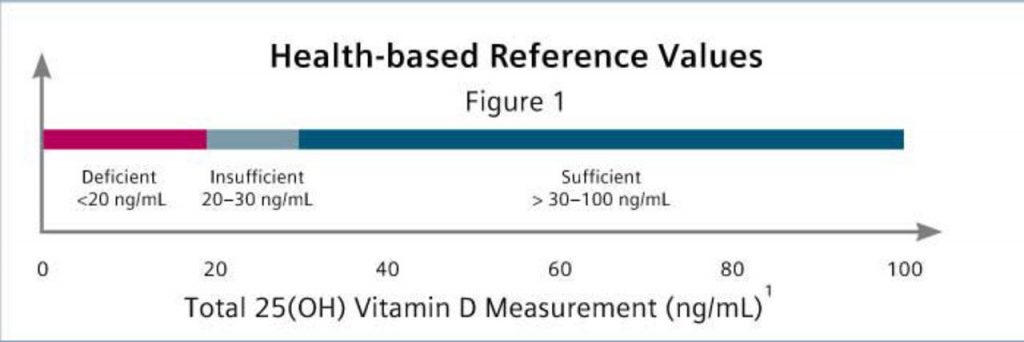"There's a place I know, Where the redwoods blow, Where the Colorado river feeds the sea, If you'd care to share it with me... Oh the sun grows warm, In the blue California dawn, As it rises from the ocean like a burning tree, Will you come to California with me?"
Anyone out there wishing for more sun? The lyrics to this song have me longing for sand and salty breezes. The above lyrics are from artist, “I Said Yes,” and the song is called California. You can find this song on my “Sunny Afternoon” playlist.
For those of us who are not in California or another sunny beach-lined coast, I will share 2 super important reasons why we need sunlight every day, especially if you are covered in a cloudy mood-sapping head fog. I know you’ve felt the effect of gray days, or worse the days that seem to only last 9 hours before it’s time to go to bed.
Brain Fog + Circadian Cycles in a Day
1. Sunlight helps activate our hormones—triggering positive circadian rhythms. Your various circadian rhythms throughout a day control mental, physical and behavioral changes or processes. These processes include your hormone levels, appetite, energy levels, blood pressure, body temperature and most noticeable, your wake/sleep cycle. According to the experts, getting natural light mid-morning is the best time to soak it in. Never dismiss or ignore signs when your brain fog is manifesting as anxiety or depression. Dark winter months can increase these issues.
“Light and health are incredibly interrelated,” says psychiatrist Richard Schwartz, MD, an associate professor at Harvard Medical School. “Light is the timekeeper of our circadian clocks.” Missing out on our daily dose of sunlight can unfortunately effect mood, sleep and throw off our focus.
Lifting some of the fog can seriously be as simple as scheduling daily sunlight. Not much sunlight happening around you? Consider Light Therapy, according to the Mayo Clinic, light therapy involves exposure to artificial light to treat SAD and other conditions. But light therapy doesn’t mean simply sitting under a light bulb and expecting magic to happen. Instead, light therapy requires you to sit near a special device called a light therapy box, which gives off a bright light that mimics the natural rays found outdoors.
Exposure to sunlight is thought to increase the brain’s release of a hormone called serotonin. Serotonin is associated with boosting mood and helping a person feel calm and focused. So to say it real simple:
Sunlight = happier mood // Happier mood = less brain fog
For a clear reference of our daily rhythms, check out a 24 hour circadian cycle below.

Your Sunshine Vitamin
2. Optimize Vitamin D levels. The good news is that if you live in the northern hemisphere or aren’t getting adequate amounts of sunlight—all is not lost!
Do you know your Vitamin D levels and have you had them checked lately? There are a lot of peer reviewed studies on Vitamin D and I will reference some at the bottom of this page if you want to take a deep dive.
All the things that effect our uptake of the sunshine vitamin: season, time of day, length of day, cloud cover, smog, skin melanin content, and sunscreen are just some of the factors that affect our bodies ability to synthesize vitamin D. Older people and people with dark skin are less able to produce vitamin D from sunlight. Also keep in mind, UVB radiation does not penetrate glass, so exposure to sunshine indoors through a window does not help our production of vitamin D.
There is a lot to consider when looking at your unique biological make-up. Below is a chart explaining adequate levels of Serum 25 Hydroxyvitamin D [25(OH)D] concentrations. There are slight variations depending on where you look for your data. Best bet is to check with your Functional Practitioner who can support your individual needs.

Maybe you already get your D levels checked regularly and are working on raising your levels. Everlywell At-Home Vitamin D Blood Test might be perfect–especially if you know your target range (50-80 ng/mL).
What about Vitamin D levels and Covid 19?
New data is emerging and the reading is worthwhile. I’m not making the news, just reporting…
The link between vitamin D and COVID‐19: distinguishing facts from fiction
Study finds over 80 percent of COVID-19 patients have vitamin D deficiency
Here are some additional articles about Vitamin D:


